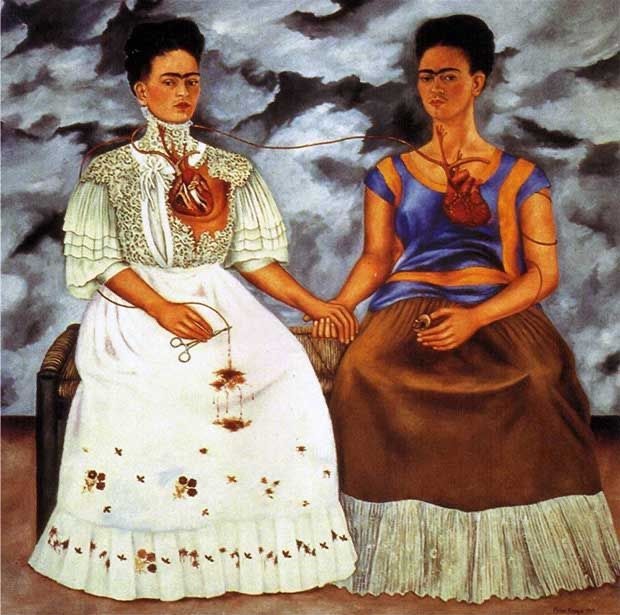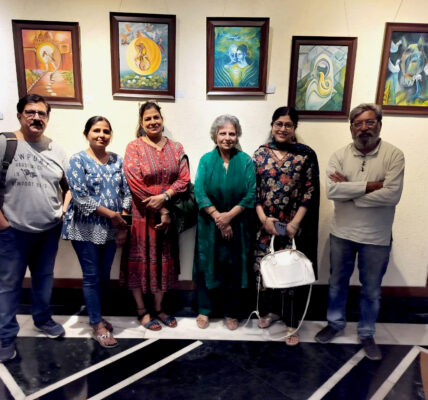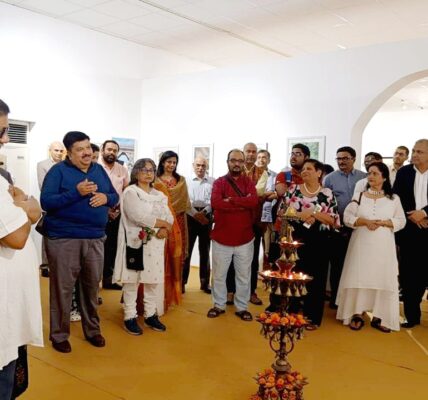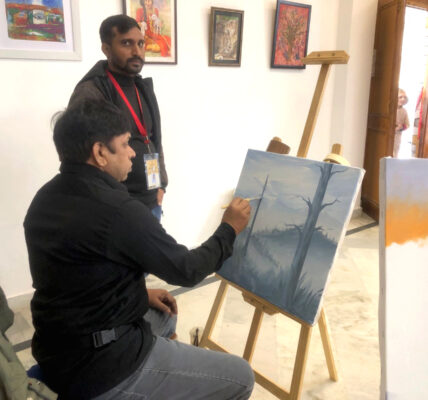Frida Kahlo: Icon of Pain and Passion
Frida Kahlo, born on July 6, 1907, in Coyoacán, Mexico, is one of the most significant and influential artists of the 20th century. Known for her deeply personal and symbolic paintings, Kahlo’s work often explores themes of identity, postcolonialism, gender, class, and race in Mexican society. Her unique style, which blends surrealism with folk art, creates a powerful narrative of her life experiences and struggles.
Kahlo’s life was marked by physical and emotional turmoil. At the age of 18, she suffered a devastating bus accident that resulted in numerous injuries, including a broken spine and pelvis. This incident led to a lifetime of chronic pain and medical complications, which became a central theme in her art. Her self-portraits, including “The Broken Column” and “Self-Portrait with Thorn Necklace and Hummingbird,” vividly depict her suffering and resilience, making her personal struggles a universal symbol of endurance and strength.
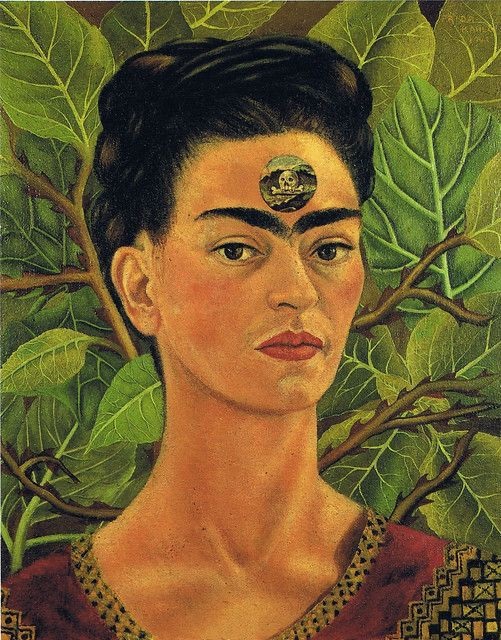
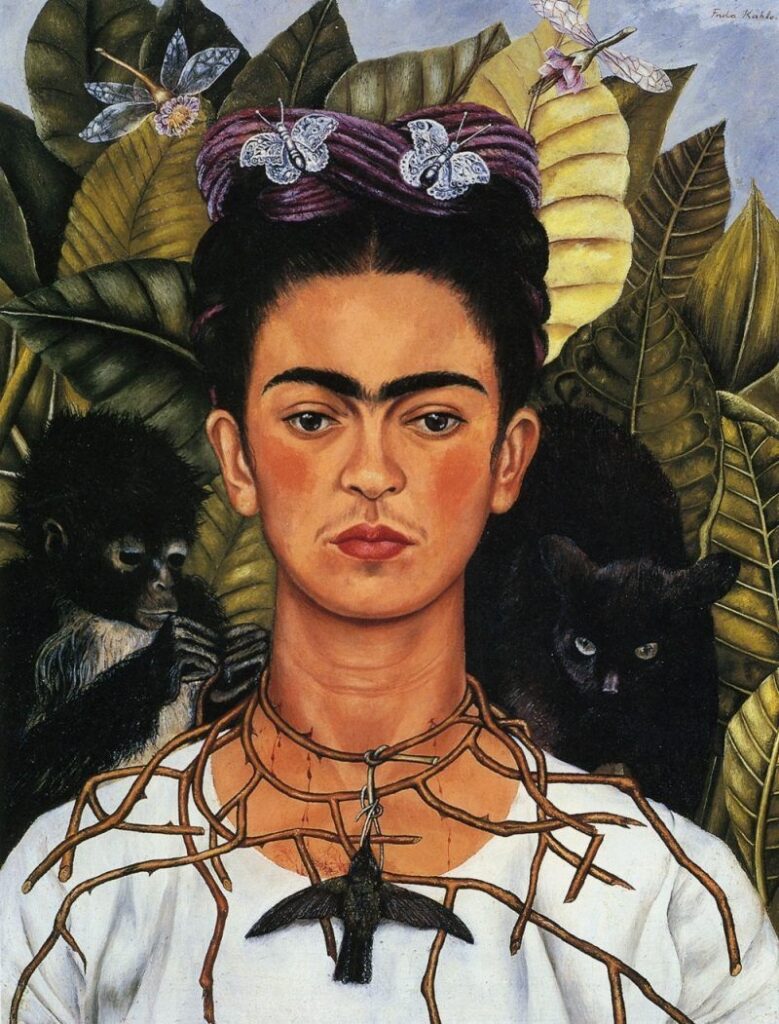
In addition to her physical challenges, Kahlo’s tumultuous marriage to renowned muralist Diego Rivera also influenced her work. Their relationship was characterized by passion, infidelity, and mutual artistic influence. Despite their personal conflicts, Rivera recognized Kahlo’s talent and supported her career. Her connection with Rivera introduced her to the international art scene, and she exhibited her work in cities such as New York and Paris.
Kahlo’s rise to fame was not immediate. Although she was respected among contemporary artists and intellectuals, her work gained widespread recognition posthumously. The feminist movement of the 1970s played a crucial role in reviving interest in her art, celebrating her as a feminist icon and a pioneer of personal and political expression in art.
Today, Frida Kahlo is celebrated not only for her artistic talent but also for her indomitable spirit and unique perspective. Her home, La Casa Azul (The Blue House), has been transformed into a museum dedicated to her life and work, attracting visitors from around the world. Kahlo’s legacy continues to inspire artists and admirers, affirming her status as a timeless symbol of creativity, resilience, and empowerment.

